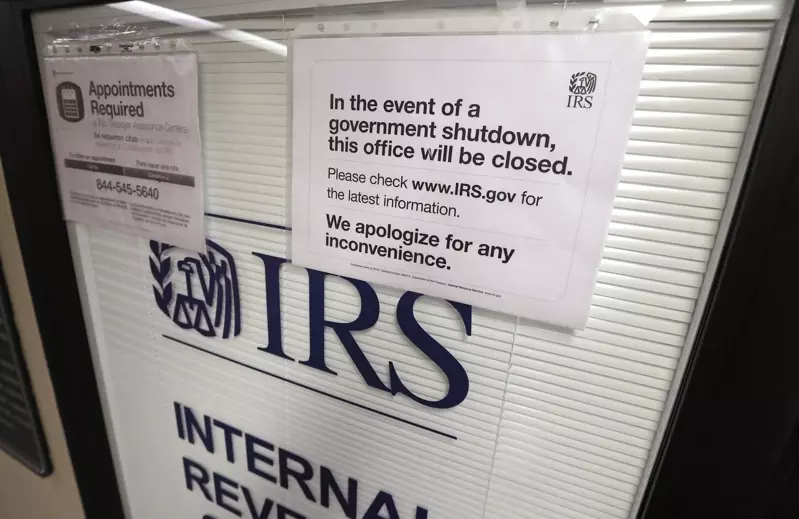Congress has pushed forward several bills in the past two years to impose new tax requirements on e-commerce platforms, long-term 401(k) savers , and virtual currency transactions, and set strict tax deadlines. But the Internal Revenue Service (IRS) has repeatedly delayed its plan to apply the new deadline, and this week announced a two-year delay in implementation, a move that could cost the Treasury Department more than $8 billion in tax revenue.
The Wall Street Journal reported that the IRS’s decision helps affected taxpayers avoid complicated filing requirements; but it also represents a failure of lawmakers’ attempts to increase taxes and promote stricter tax payments.
The Democratic Party passed a bill in Congress in 2021, instructing e-commerce platforms to send information returns to the IRS and sellers with annual business income of more than 600 yuan. It was originally scheduled to take effect in the 2022 tax year, and the first batch of forms will be sent in early 2023. The Joint Committee on Taxation estimates that the bill will increase tax revenue by about $2 billion in the first two years after passage. But the IRS announced delays in December because taxpayers may not yet know how to fill out the forms.
Another law also passed in 2021 hopes to ensure that virtual currency transactions must be reported in the same way as stocks, giving the IRS more visibility into opaque financial flows for auditing and tax purposes. This provision was supposed to take effect in the 2023 tax year, and the forms were sent out in 2024. The IRS said earlier this year that it would not be fully effective until 2026; the tax revenue expected to create more than 4 billion yuan in the first two years was ruined.
A separate law enacted last year requiring most 401(k) savers aged 50 or older to change their contribution methods was originally scheduled to begin in 2024, but after being challenged by industry groups, the IRS gave it another two years. The move may result in a tax shortfall of about 2 billion yuan within 10 years.
Carol Miller, a Republican congresswoman on the Excise and Taxation Committee, said that the IRS was completely out of control and made its own laws, and must be held responsible for it. “The Biden administration must be reminded that the laws were enacted by Congress, and they are the ones who must implement them correctly.”
A recent IRS statement defended the rule delay as reasonable, noting that the tax law gives tax collectors the power to “manage, process, enforce, direct, and supervise” the enforcement and application of tax laws with discretionary authority, thereby trying to balance the need to meet tax obligations with Striking a balance between strict enforcement, for example, after a series of natural disasters in California this year, the Internal Revenue Service allowed residents of the state to postpone paying their 2022 taxes for seven months.




